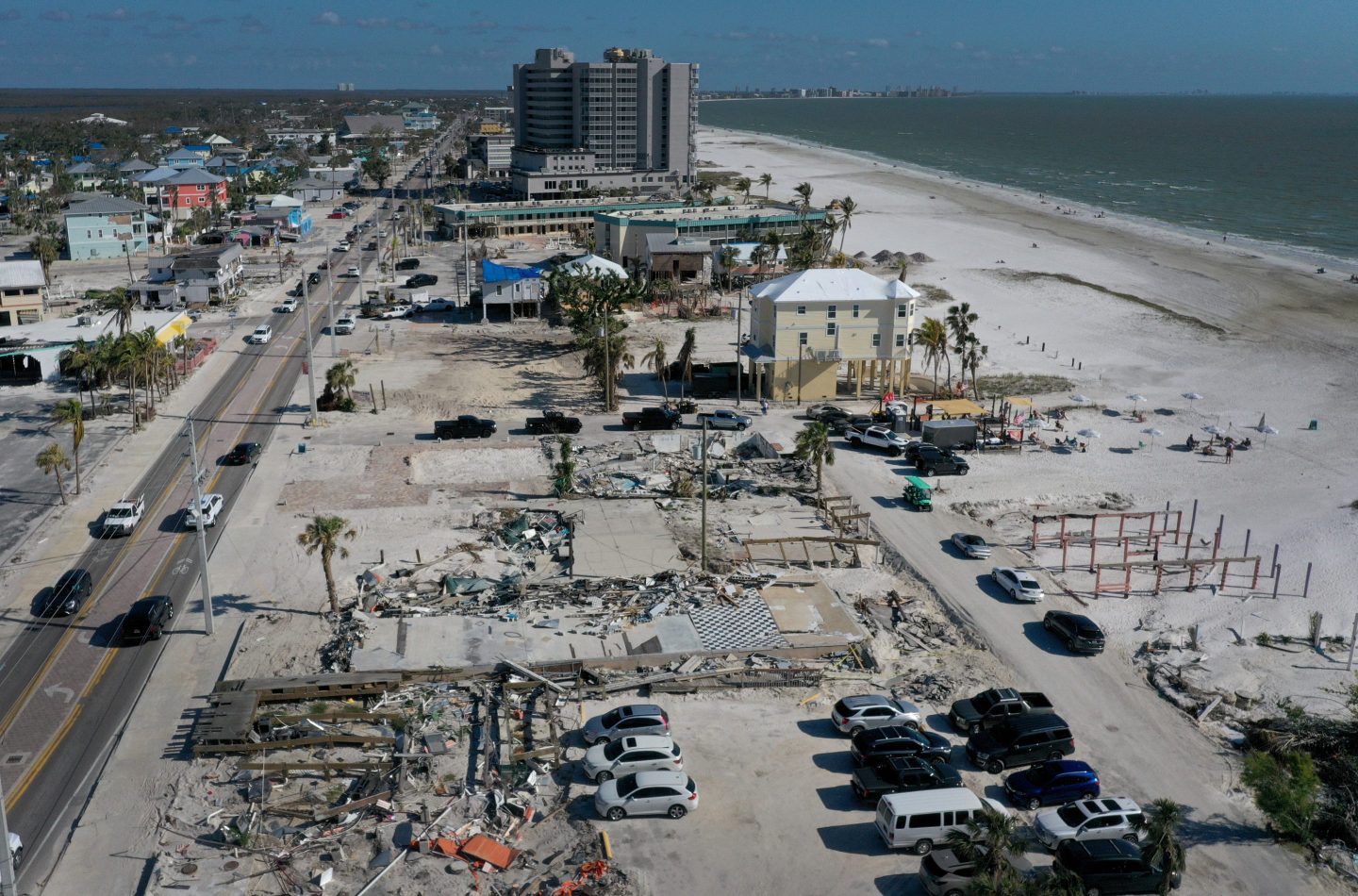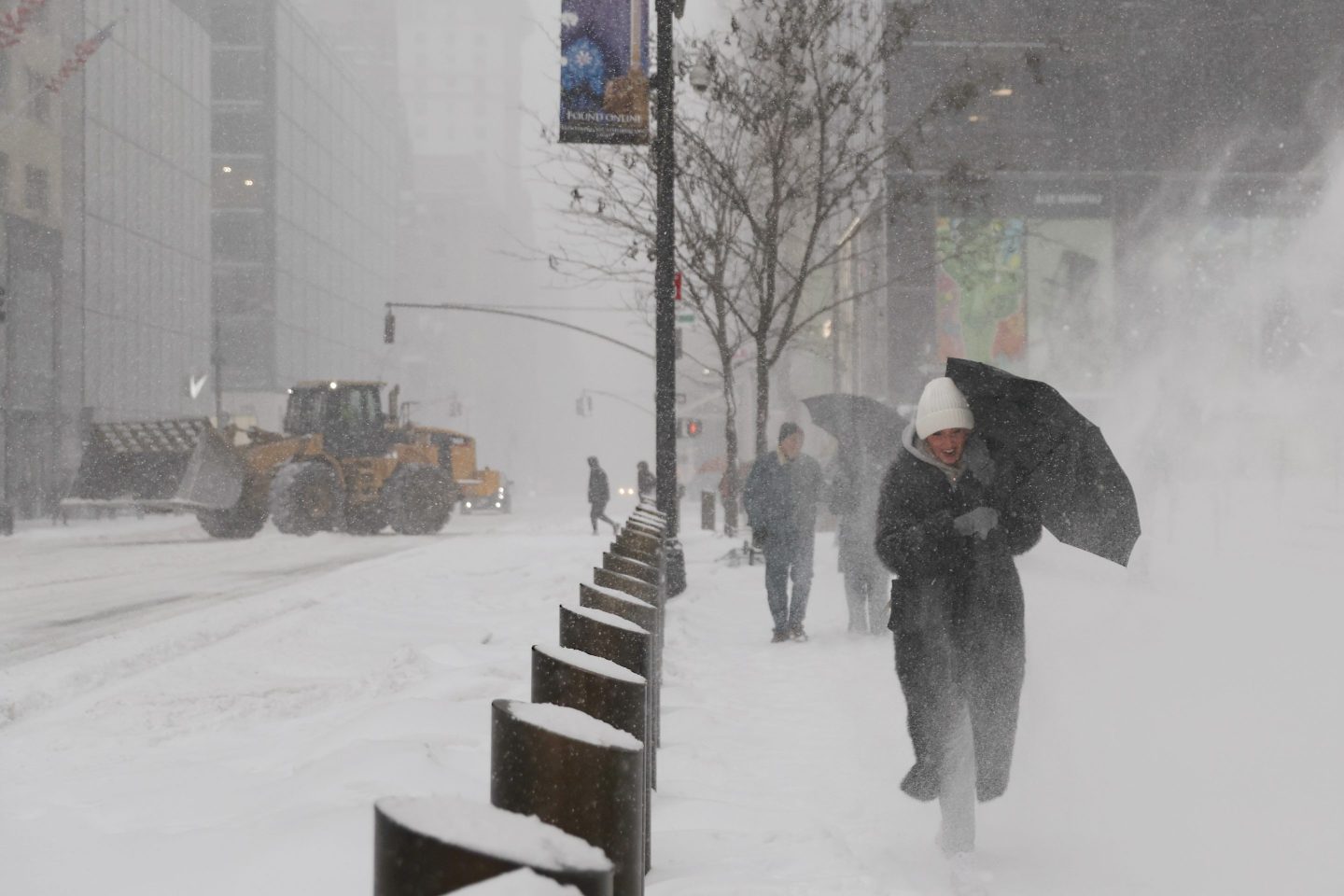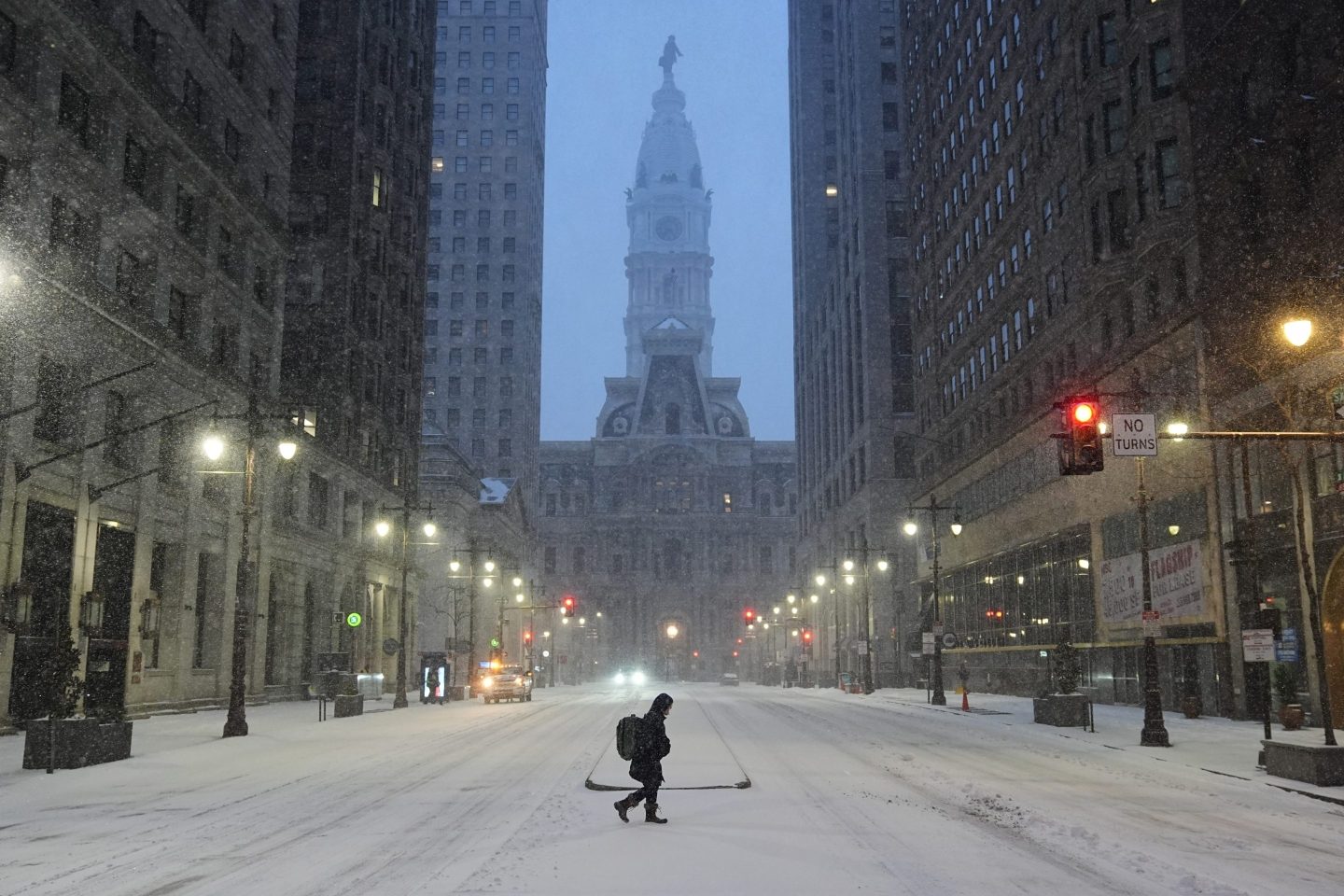Changes in air patterns as the world warms will likely push more and nastier hurricanes up against the United States’ east and Gulf coasts, especially in Florida, a new study said.
While other studies have projected how human-caused climate change will probably alter the frequency, strength and moisture of tropical storms, the study in Friday’s journal Science Advances focuses on the crucial aspect of where hurricanes are going.
It’s all about projected changes in steering currents, said study lead author Karthik Balaguru, a Pacific Northwest National Laboratory climate scientist.
“Along every coast they’re kind of pushing the storms closer to the U.S.,” Balaguru said. The steering currents move from south to north along the Gulf of Mexico; on the East Coast, the normal west-to-east steering is lessened considerably and can be more east-to-west, he said.
Overall, in a worst-case warming scenario, the number of times a storm hits parts of the U.S. Coast in general will probably increase by one-third by the end of the century, the study said, based on sophisticated climate and hurricane simulations, including a system researchers developed.
The central and southern Florida Peninsula, which juts out in the Atlantic, is projected to get even more of an increase in hurricanes hitting the coast, the study said.
Climate scientists disagree on how useful it is to focus on the worst-case scenario as the new study does because many calculations show the world has slowed its increase in carbon pollution. Balaguru said because his study looks more at steering changes than strength, the levels of warming aren’t as big a factor.
The study projects changes in air currents traced to warming in the equatorial eastern Pacific Ocean, just off the coast of South America. Climate change is warming different parts of the world at different rates, and models show the eastern Pacific area warming more quickly, Balaguru said.
That extra warming sets things in motion through Rossby waves, according to the study — atmospheric waves that move west to east and are connected to changes in temperature or pressure, like the jet stream or polar vortex events.
“I like to explain it to my students like a rock being dropped in a smooth pond,” said University of Albany atmospheric scientist Kristen Corbosiero, who wasn’t part of the study. “The heating is the rock and Rossby waves are the waves radiating away from the heating which disturbs the atmosphere’s balance.”
The wave ripples trigger a counterclockwise circulation in the Gulf of Mexico, which bring winds blowing from east to west in the eastern Atlantic and south to north in the Gulf of Mexico, Corbosiero and Balaguru said.
It also reduces wind shear — which is the difference in speed and direction of winds at high and low altitudes — the study said. Wind shear often decapitates hurricanes and makes it harder for nascent storms to develop.
Less wind shear means stronger storms, Balaguru said.
Overall, the steering current and wind shear changes increase the risk to the United States, Corbosiero said in an email.
Corbosiero and two other outside scientists said the study makes sense, but has limits and is missing some factors.
It doesn’t factor in where storms are born, which is important, and the study assumes a global trend toward more El Nino events, said Jhordanne Jones, an atmospheric scientist at the National Center for Atmospheric Research and Purdue University’s Climate Extreme Weather Lab. Most climate simulations project more El Ninos, which is a natural warming of the central Pacific that alters weather worldwide and dampens Atlantic hurricane activity. But recent observations “suggest a more La Nina- like state,” she said.












